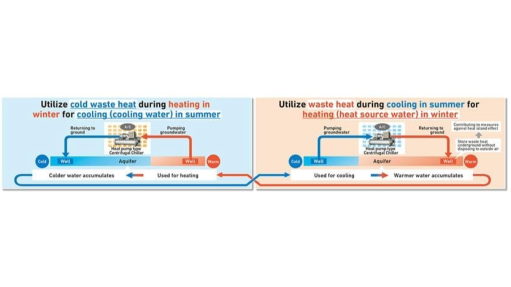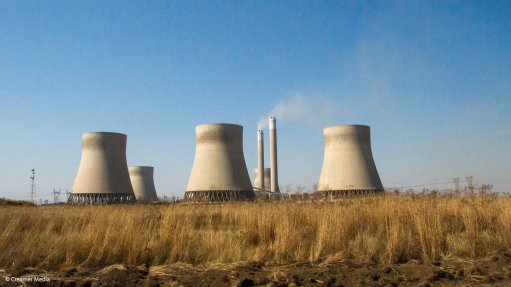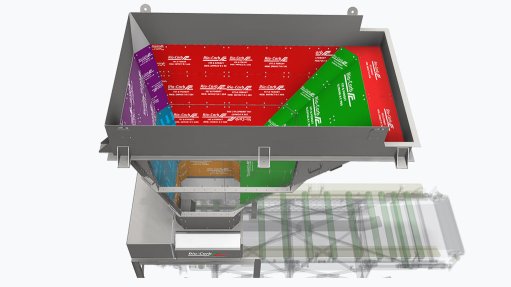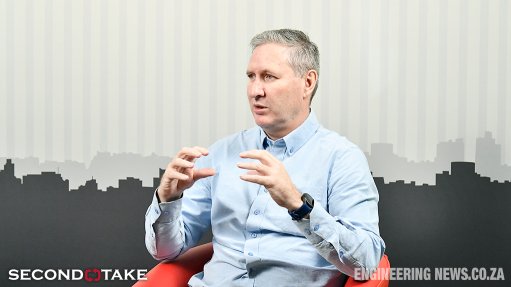Accelerating and scaling Africa’s renewable-energy projects
In Africa more than 600 million people lack access to electricity. At the current pace of electrification millions of Africans are still expected to be without electricity in 2030 unless the pace of electrification is trebled, by connecting more than 90 million people a year. Beyond electrification, African countries should also focus on reducing gaps in access to electricity between urban and rural areas through expanding the electrical grid.
Most Africans continue to live in rural and remote areas where grid expansion is often not as economically viable as it is in large, densely populated communities that live close to the grid. Mini grids that supply renewable power may be the best solution for providing reliable electricity to communities that are far from the main national grid, since these mini grids are independent and decentralised. Furthermore, access by consumers and businesses should be balanced. For example, villages next to a mine should not be left in the dark while the mine continues to receive power.
Scaling up renewable-energy generation across the continent is vital for achieving sustainable development and economic growth. Africa has unmatched potential for renewable-energy generation, boasting some of the best solar and wind resources in the world. Therefore, African countries must maximise utility-scale generation from wind and solar energy.
To increase the pace and scale of renewable-energy projects to meet the growing energy demand, a number of factors should be addressed urgently:
- Grid expansion – African countries need reliable grid capacity, particularly in resource-rich areas, to ensure that more projects are connected and are generating more power.
- Off-grid solutions – In rural areas, where it is extremely difficult to extend the national grid, embedded-generation projects or mini-grid systems are key to providing access to reliable, affordable electricity. With Africa being home to 60% of the best solar resources globally, embedded-generation projects such as solar photovoltaic (PV) projects, when combined with battery storage solutions, are the fastest and most cost-effective mechanism to accelerate clean electricity access in rural areas. Multilateral agencies and development finance institutions can play a key role in promoting private investment into embedded generation and mini-grid systems to electrify targeted areas quickly and efficiently.
- Utility-scale renewable projects and private sector participation – It is also imperative that African countries procure and build significant renewable-energy capacity to meet the increasing demand (which has resulted in rolling blackouts in several countries). While governments should focus on grid expansion, private power generation is expected to play a major role in addressing the supply gap as well. This will further alleviate strained government balance sheets so that governments can focus on key infrastructure investments. Other key role players are multilateral agencies, who should deploy concessional finance strategically.
- Government incentives – The introduction of tax benefits and other incentives will also encourage private sector and citizen participation in power self-generation. Governments, including South Africa’s, are already implementing measures to incentivise citizens, private power generators and off-takers through carbon credits, tax rebates and other incentives.
- Political and government commitment – There must be political commitment and policy certainty. The time that some African governments take in implementing policies and issuing permits and other approvals (such as environmental and water licences) slows the development of renewable-energy projects significantly.
- Policy and regulatory framework – Policy certainty and reduction in red tape are also key. In South Africa the relaxation of regulatory barriers to private power generation and increased regulatory clarity regarding the wheeling (transmission) of electricity has resulted in significant private investment in renewable energy.
Accelerating the installation of utility-scale renewable-energy capacity while resolving grid constraints in underserved areas to facilitate the integration of that capacity will also address the extremely low fleet energy availability factor of most African utilities. This will close the energy shortfall between rural areas and those that are better connected. African counties must also encourage utility-scale battery storage and the take-up of residential rooftop solar power.
Written by:
Hlatse Nkune
Associate Principal: Nedbank Energy Finance
Comments
Press Office
Announcements
What's On
Subscribe to improve your user experience...
Option 1 (equivalent of R125 a month):
Receive a weekly copy of Creamer Media's Engineering News & Mining Weekly magazine
(print copy for those in South Africa and e-magazine for those outside of South Africa)
Receive daily email newsletters
Access to full search results
Access archive of magazine back copies
Access to Projects in Progress
Access to ONE Research Report of your choice in PDF format
Option 2 (equivalent of R375 a month):
All benefits from Option 1
PLUS
Access to Creamer Media's Research Channel Africa for ALL Research Reports, in PDF format, on various industrial and mining sectors
including Electricity; Water; Energy Transition; Hydrogen; Roads, Rail and Ports; Coal; Gold; Platinum; Battery Metals; etc.
Already a subscriber?
Forgotten your password?
Receive weekly copy of Creamer Media's Engineering News & Mining Weekly magazine (print copy for those in South Africa and e-magazine for those outside of South Africa)
➕
Recieve daily email newsletters
➕
Access to full search results
➕
Access archive of magazine back copies
➕
Access to Projects in Progress
➕
Access to ONE Research Report of your choice in PDF format
RESEARCH CHANNEL AFRICA
R4500 (equivalent of R375 a month)
SUBSCRIBEAll benefits from Option 1
➕
Access to Creamer Media's Research Channel Africa for ALL Research Reports on various industrial and mining sectors, in PDF format, including on:
Electricity
➕
Water
➕
Energy Transition
➕
Hydrogen
➕
Roads, Rail and Ports
➕
Coal
➕
Gold
➕
Platinum
➕
Battery Metals
➕
etc.
Receive all benefits from Option 1 or Option 2 delivered to numerous people at your company
➕
Multiple User names and Passwords for simultaneous log-ins
➕
Intranet integration access to all in your organisation





















